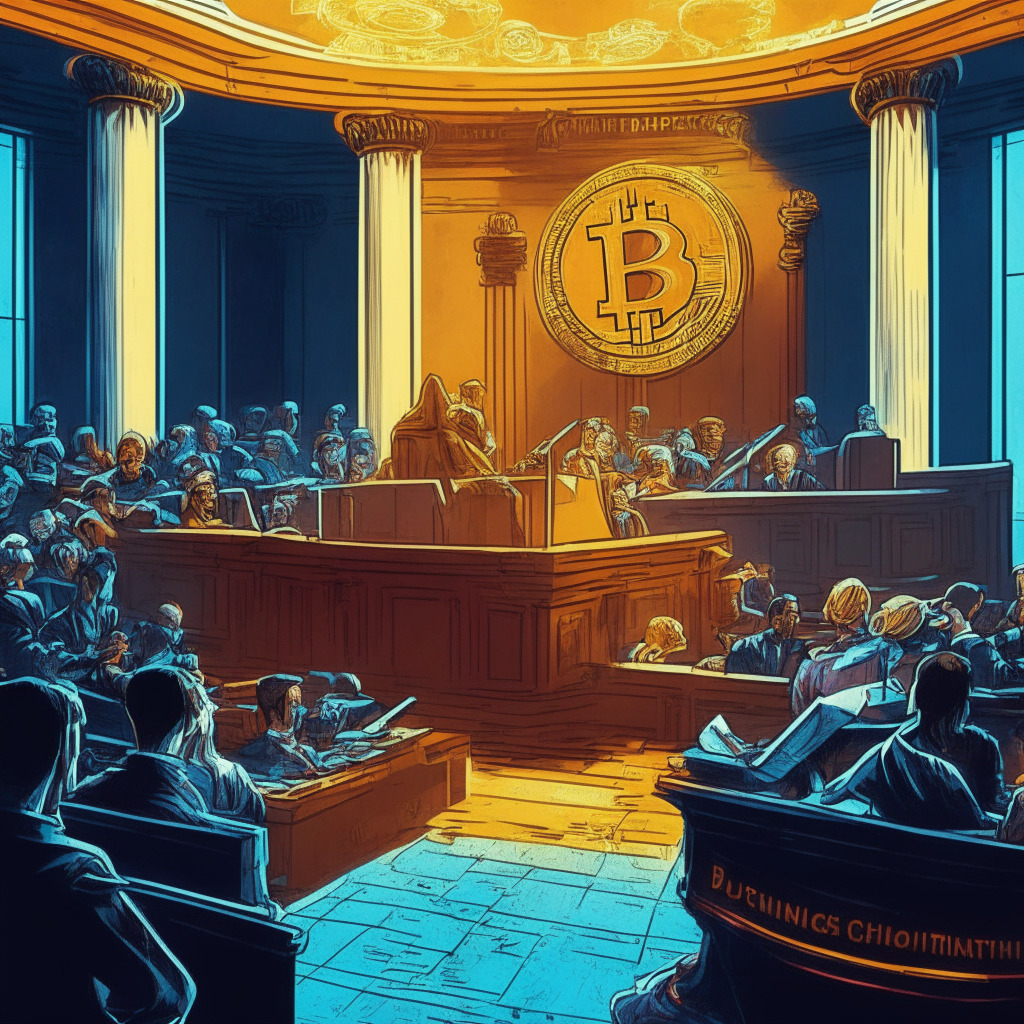The digital world today, with all its promises of decentralization and inclusion, is not immune to the need for regulation. Binance regional markets head Richard Teng seems to champion this perspective while denying comparisons with the now insolvent FTX. Despite facing recent regulatory scrutiny, Teng insists that Binance, the world’s largest global cryptocurrency exchange, is in no way similar to the now defunct FTX.
“Binance is financially secure and has navigated the many challenges and changes in the cryptocurrency market successfully,” claims Teng. Binance has handled numerous issues over the few past years, managing them case by case while remaining financially robust. It is able to process customer withdrawals, thereby ensuring its customers that their financial resources are protected.
Binance, for a long time, has been subjected to increased scrutiny from multiple fronts. This could be due to its size – it’s the largest crypto exchange in the world. This position naturally attracts more attention from media outlets and regulatory bodies. Still, Teng reiterates that the company welcomes this scrutiny.
Talking about Binance’s future in the Russian market, Teng mentions that all options are on the table and the company continues to abide by international norms and standards concerning sanctioned entities and individuals.
On a broader note, Teng seems to be keen on harmonized standards for the industry. He references the European Union’s Markets in Crypto-Assets (MiCA) regulation as a positive step towards creating standardized rules within this burgeoning sector. He argues that such a framework is essential for platforms operating across multiple jurisdictions with differing laws and regulations.
The presence of unified regulations, as per Teng, would greatly aid in the operations of Binance and similar platforms. MiCA’s provisions could potentially result in a wider convergence of global regulatory guidelines for the industry, which will lead to a more standardized and systematic approach to cryptocurrency operations.
However, while such standards could streamline processes and lend legitimacy to the industry, it brings under question the underlying ethos of decentralization upon which the blockchain technology functions. It leaves those involved in cryptocurrency trading in a state of paradox, wanting regulatory standardization, but worrying it might quash the very essence of crypto itself.
As the debate around cryptocurrency regualations continues, it is clear that finding a middle ground that balances regulatory oversight, while preserving the principles of decentralization, is paramount for the ongoing evolution of the cryptocurrency industry.
Source: Cointelegraph




